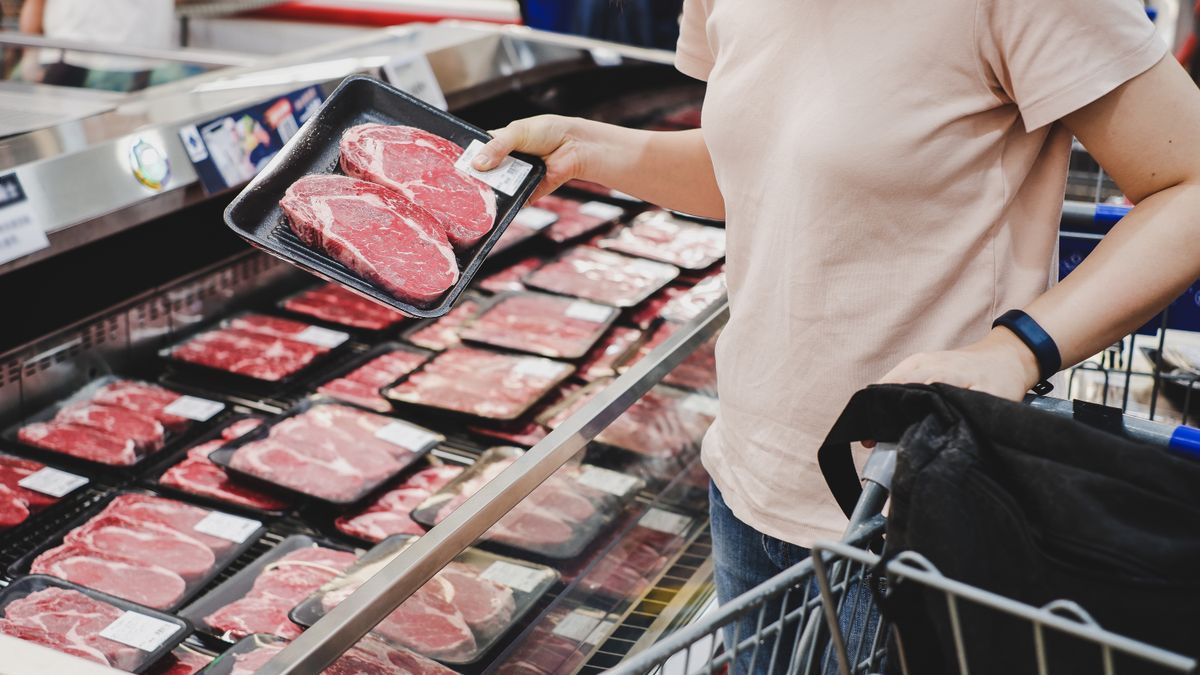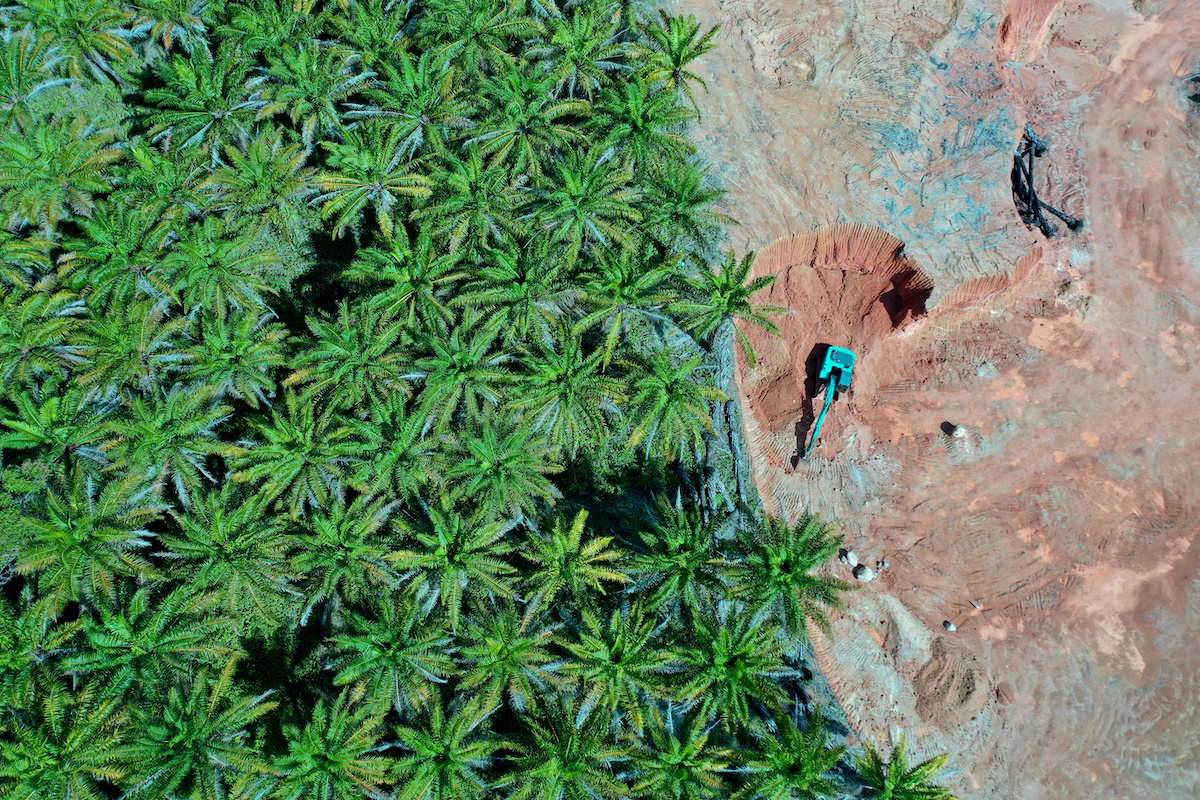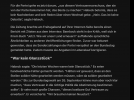- Moderation
- #161
- 18. November 2007
- 22.710
Problemanalyse, Fallbeispiel:

 www.spiegel.de
www.spiegel.de
"Der Bericht erkennt an, dass die deutsche Landwirtschaft insgesamt 90 Milliarden Euro pro Jahr an ökologischen Folgekosten erzeugt, beispielsweise durch den Verlust von biologischer Vielfalt, belastetem Grundwasser oder Luftverschmutzung. Würden die Kosten der Umweltschäden mit einkalkuliert, müsste ein Kilogramm Rindfleisch etwa fünf- bis sechsmal so viel wie jetzt kosten, schreiben die Autoren des Berichtes. Für ein Kilogramm Gulasch wären das dann rund 80 Euro. Für tierische Produkte wie Milch und Käse müsste es eigentlich das Zwei- bis Vierfache des heutigen Preises sein."
Lösung, Fallbeispiel:

 www.transportenvironment.org
www.transportenvironment.org
Europe’s thirst for biodiesel to fuel its cars and trucks has likely wiped out forests the size of the Netherlands since the introduction of the EU’s green fuels law in 2010[1], a new study shows. T&E, who carried out the study, calls on the EU to end support to palm and soy biodiesel immediately to avoid further deforestation, habitat loss and greater CO2 emissions than the fossil diesel it replaces.

Ein Kilo Rindfleisch für 80 Euro
Die Landwirtschaft verursacht ökologische Kosten von 90 Milliarden Euro im Jahr und muss reformiert werden. Das fordern Bauernverband, Umweltgruppen und Wissenschaftler im Abschlussbericht der Zukunftskommission Landwirtschaft.
"Der Bericht erkennt an, dass die deutsche Landwirtschaft insgesamt 90 Milliarden Euro pro Jahr an ökologischen Folgekosten erzeugt, beispielsweise durch den Verlust von biologischer Vielfalt, belastetem Grundwasser oder Luftverschmutzung. Würden die Kosten der Umweltschäden mit einkalkuliert, müsste ein Kilogramm Rindfleisch etwa fünf- bis sechsmal so viel wie jetzt kosten, schreiben die Autoren des Berichtes. Für ein Kilogramm Gulasch wären das dann rund 80 Euro. Für tierische Produkte wie Milch und Käse müsste es eigentlich das Zwei- bis Vierfache des heutigen Preises sein."
Lösung, Fallbeispiel:

10 years of EU’s failed biofuels policy has wiped out forests the size of the Netherlands - study - Transport & Environment
New study from T&E lifts the lid on the EU's devastating biofuels policy.
Europe’s thirst for biodiesel to fuel its cars and trucks has likely wiped out forests the size of the Netherlands since the introduction of the EU’s green fuels law in 2010[1], a new study shows. T&E, who carried out the study, calls on the EU to end support to palm and soy biodiesel immediately to avoid further deforestation, habitat loss and greater CO2 emissions than the fossil diesel it replaces.




